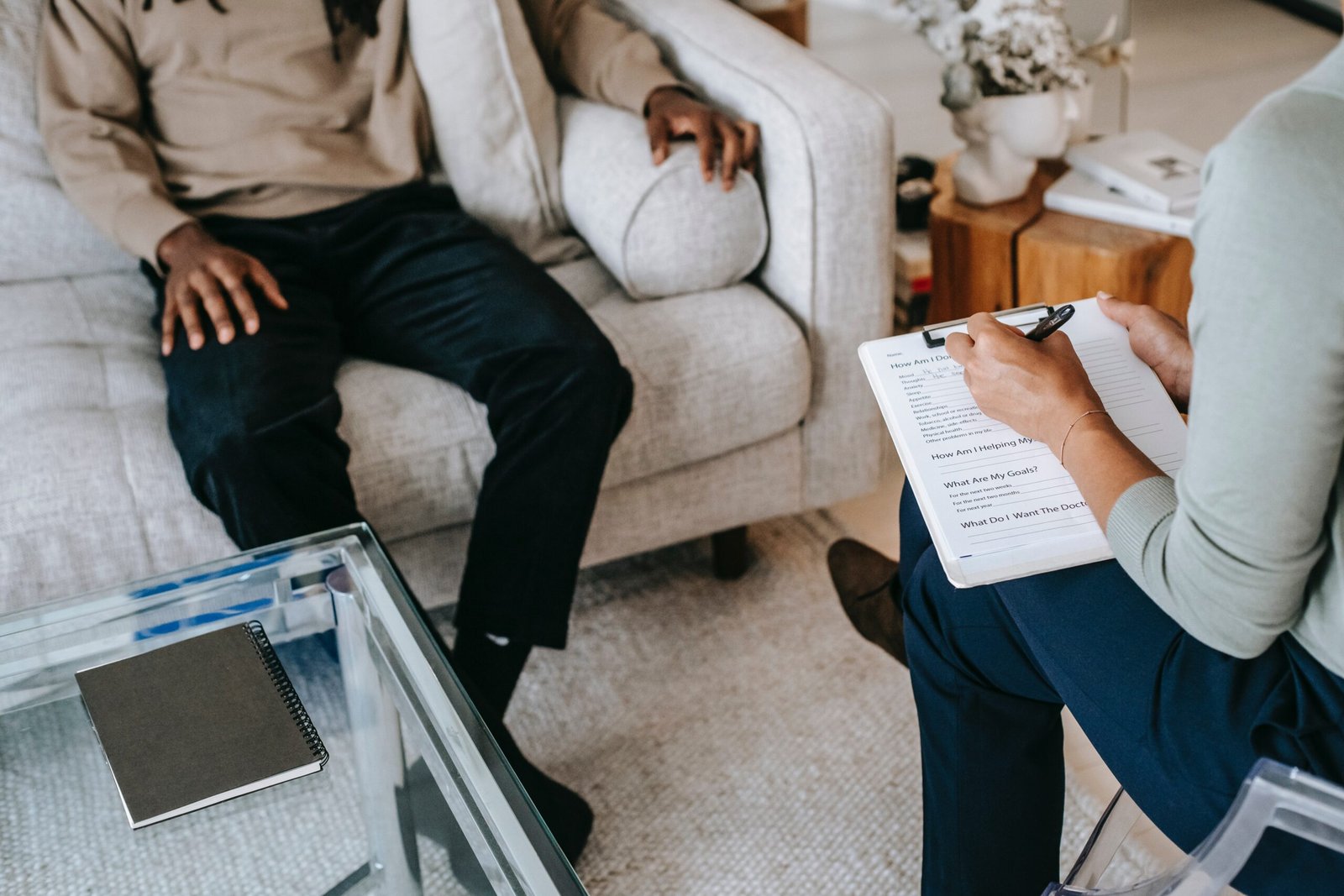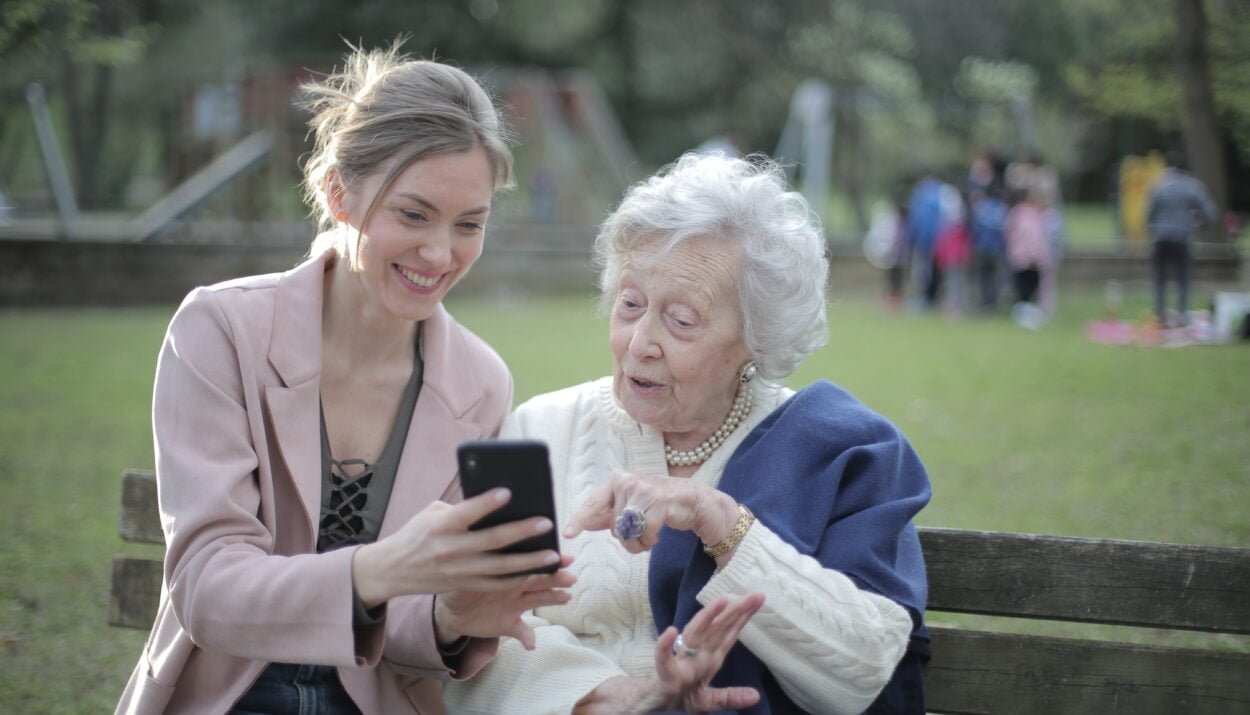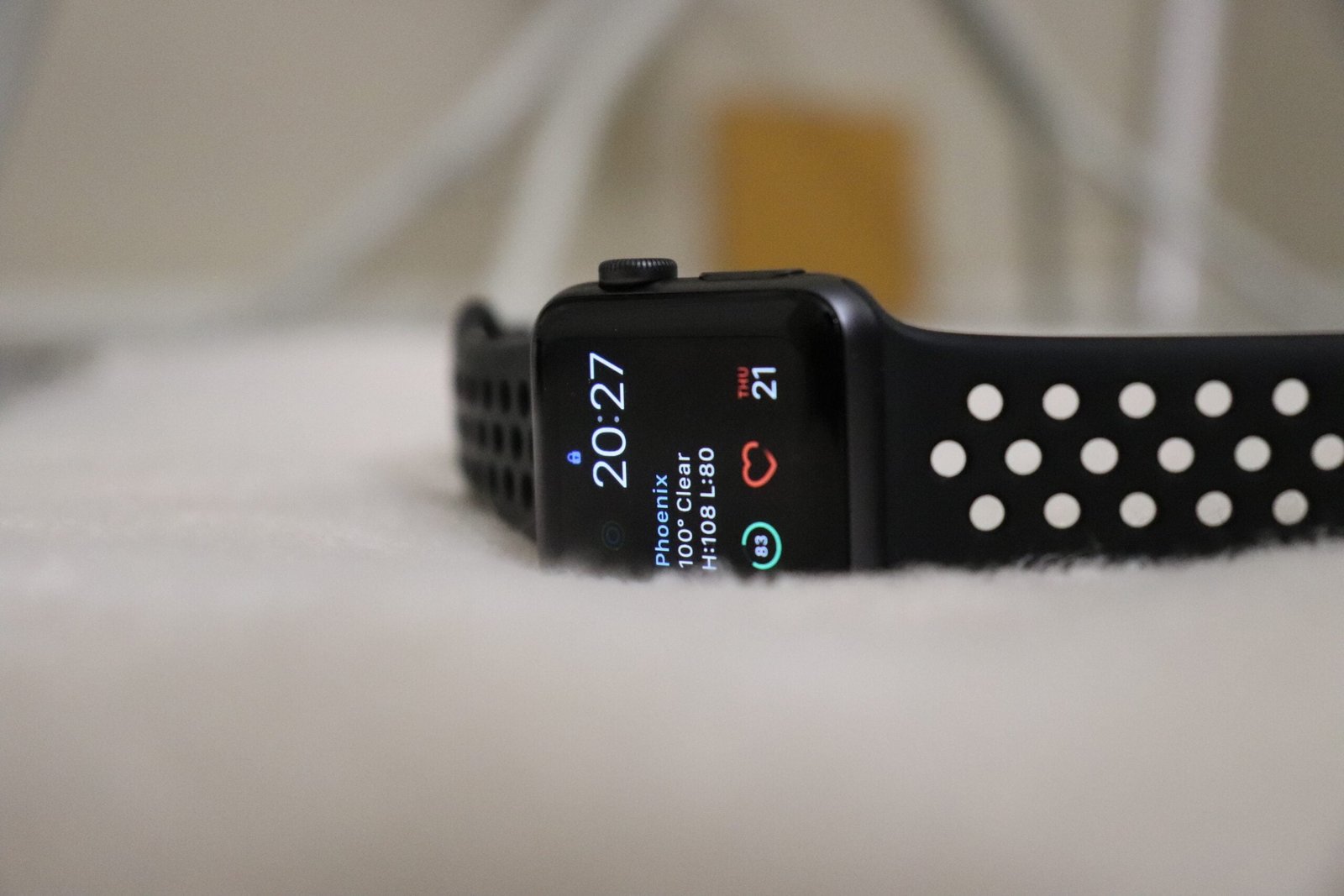The Rise of Nomophobia
Nomophobia, short for ‘no mobile phone phobia’, is the fear of being without a mobile phone. In this digital age, where smartphones have become an integral part of our lives, it is not surprising that this fear has gained prominence. Researchers have found that the average person checks their phone 58 times a day, which amounts to nearly 4 hours of screen time. This excessive usage has led to the emergence of nomophobia as a legitimate concern.
The Impact on Mental Health
A growing body of research suggests that nomophobia can have detrimental effects on mental health. Constantly being connected to our phones can lead to increased anxiety, stress, and depression. The fear of missing out on important notifications and social media updates can create a sense of urgency and restlessness. Additionally, excessive smartphone use has been linked to poor sleep quality, as the blue light emitted by screens disrupts our natural sleep patterns.

Physical Consequences
Not only does nomophobia affect our mental health, but it can also have physical consequences. Spending prolonged periods of time hunched over our phones can lead to poor posture and neck pain, commonly known as ‘text neck’. Studies have also shown a correlation between excessive smartphone use and decreased physical activity, which can contribute to a sedentary lifestyle and its associated health risks.

Coping Strategies for Nomophobia
If you find yourself experiencing symptoms of nomophobia, there are several strategies you can employ to mitigate its impact. Firstly, try setting boundaries for smartphone use, such as designated ‘phone-free’ times or areas. Engaging in activities that do not require a phone, such as reading a book or going for a walk, can help break the dependency on constant digital stimulation.

Seeking Professional Help
If your fear of being without a mobile phone is significantly impacting your daily life and well-being, it may be beneficial to seek professional help. Therapists and counselors can provide guidance and support in managing nomophobia and developing healthier relationships with technology.

Conclusion
Nomophobia is a growing concern in today’s digital world. While smartphones offer convenience and connectivity, it is important to be mindful of the impact they can have on our mental and physical health. By understanding nomophobia and implementing strategies to manage it, we can strike a healthier balance between our digital lives and our overall well-being.







1 Comment
Jatin
1 year agoReally helpful.